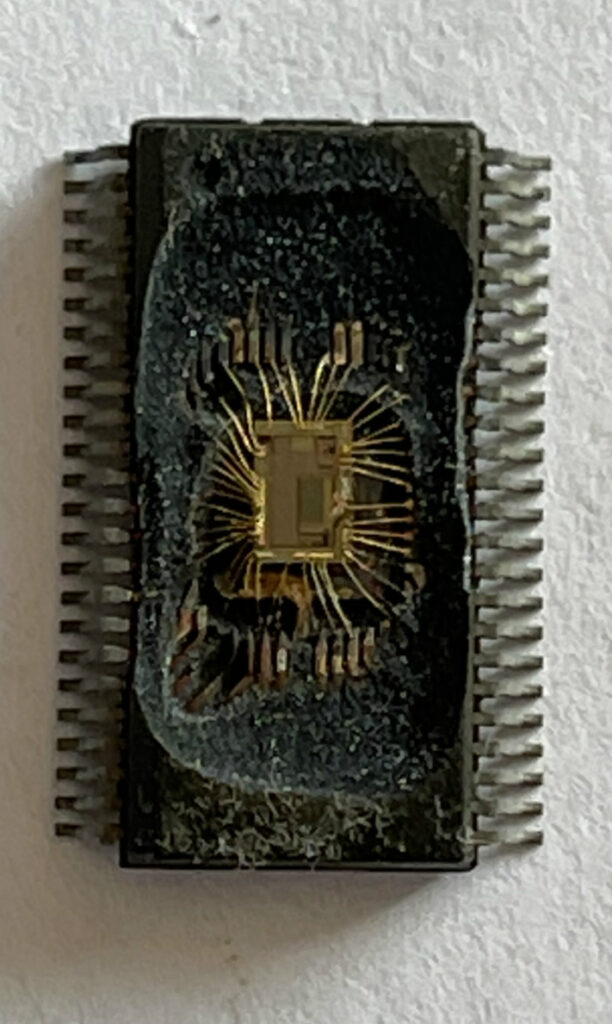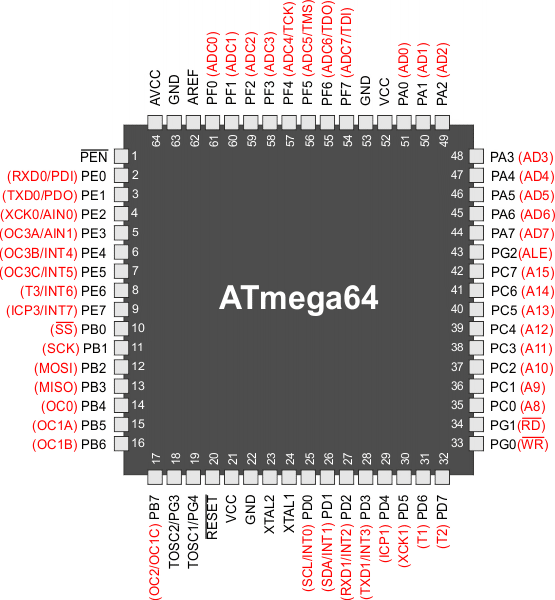Recover ATMEGA64 MCU Flash Embedded Heximal
Recover ATMEGA64 MCU Flash Embedded Heximal and then read the encrypted firmware out from to original microcontroller ATMEGA64, copy eeprom data and flash program of atmega64 processor;

During Reset, all I/O Registers are set to their initial values, and the program starts execution from the Reset Vec- tor. If the program never enables an interrupt source, the Interrupt Vectors are not used, and regular program code can be placed at these locations.
This is also the case if the Reset Vector is in the Application section while the Interrupt Vectors are in the boot section or vice versa.
The I/O ports of the AVR are immediately reset to their initial state when a reset source goes active by copying protected atmega32a mcu firmware. This does not require any clock source to be running. After all reset sources have gone inactive, a delay counter is invoked, stretching the internal reset.
This allows the power to reach a stable level before normal operation starts. The time-out period of the delay counter is defined by the user through the CKSEL Fuses.

The ATmega64 has four sources of Reset:
Power-on Reset. The MCU is reset when the supply voltage is below the Power-on Reset threshold (VPOT).- External Reset. The MCU is reset when a low level is present on the RESET pin for longer than the minimum pulse length.
- Watchdog Reset. The MCU is reset when the Watchdog Timer period expires and the Watchdog is enabled.
Brown-out Reset. The MCU is reset when the supply voltage VCC is below the Brown-out Reset threshold (VBOT) and the Brown-out Detector is enabled when unlock atmega8 microcontroller flash memory.

